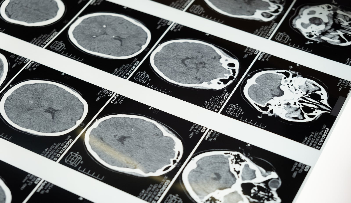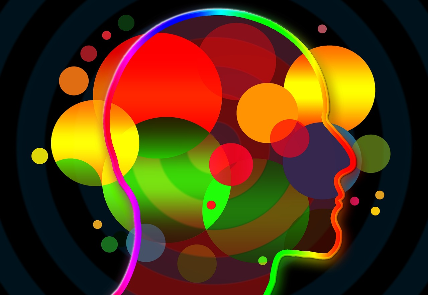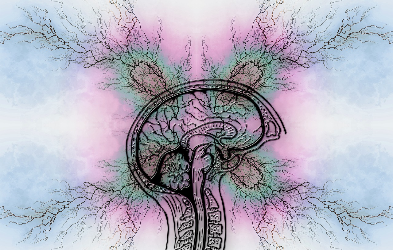
Long COVID: Where Are We in 2023?
Hariharan Regunath, MD, Vamsi P. Guntur, MD Mo Med. 2023 Mar-Apr; 120(2): 102–105.PMCID: PMC10121126 PMID: 37091941 Copyright and License information PMC Disclaimer NCBI The term “COVID Long-Hauler” or “Long-Haul COVID” was first created by…[...]
Read More







